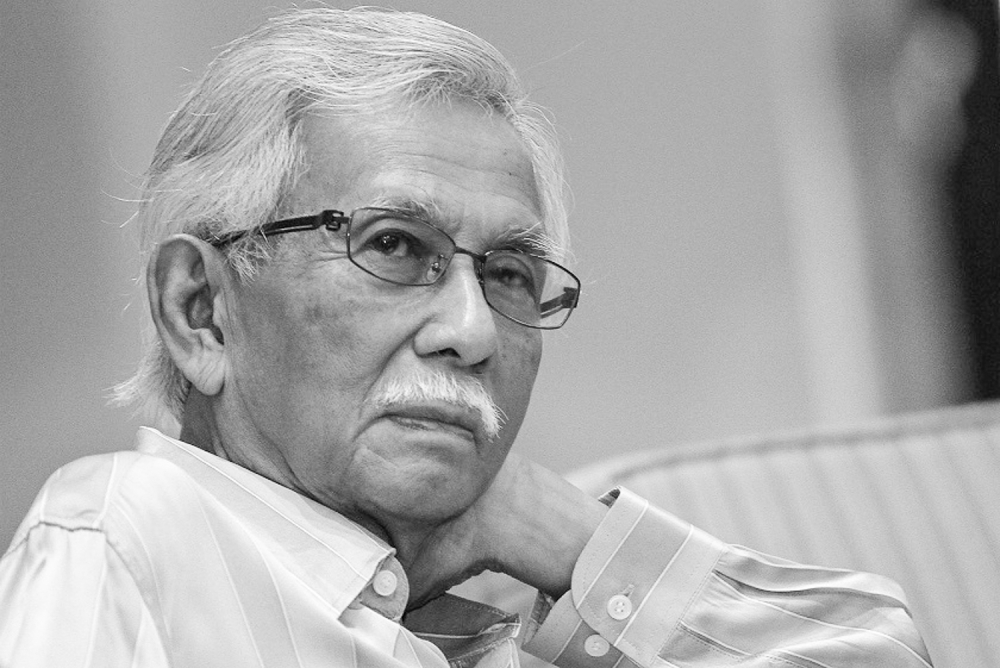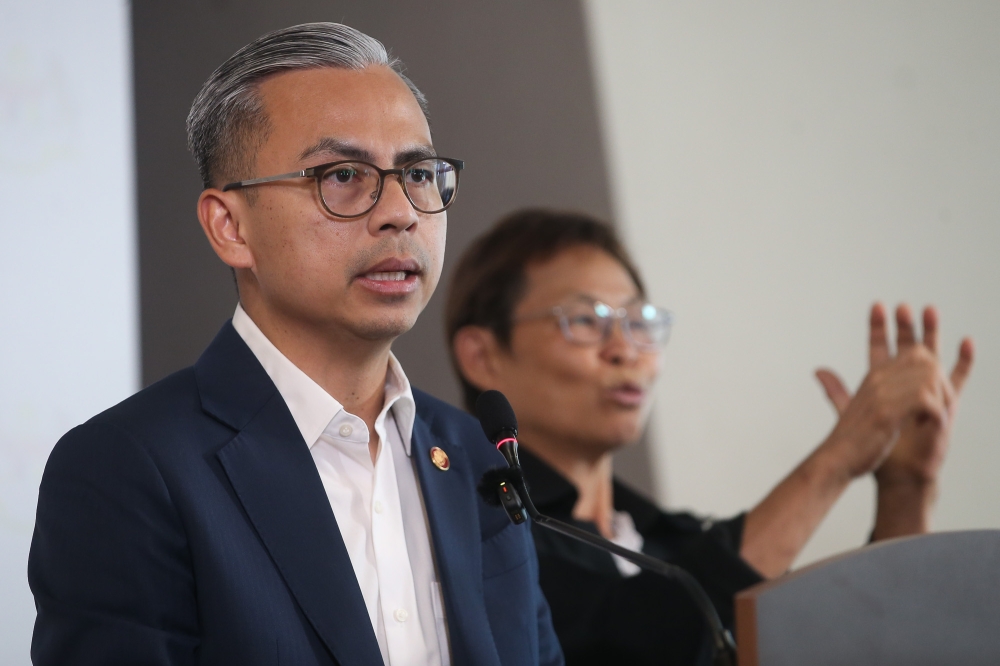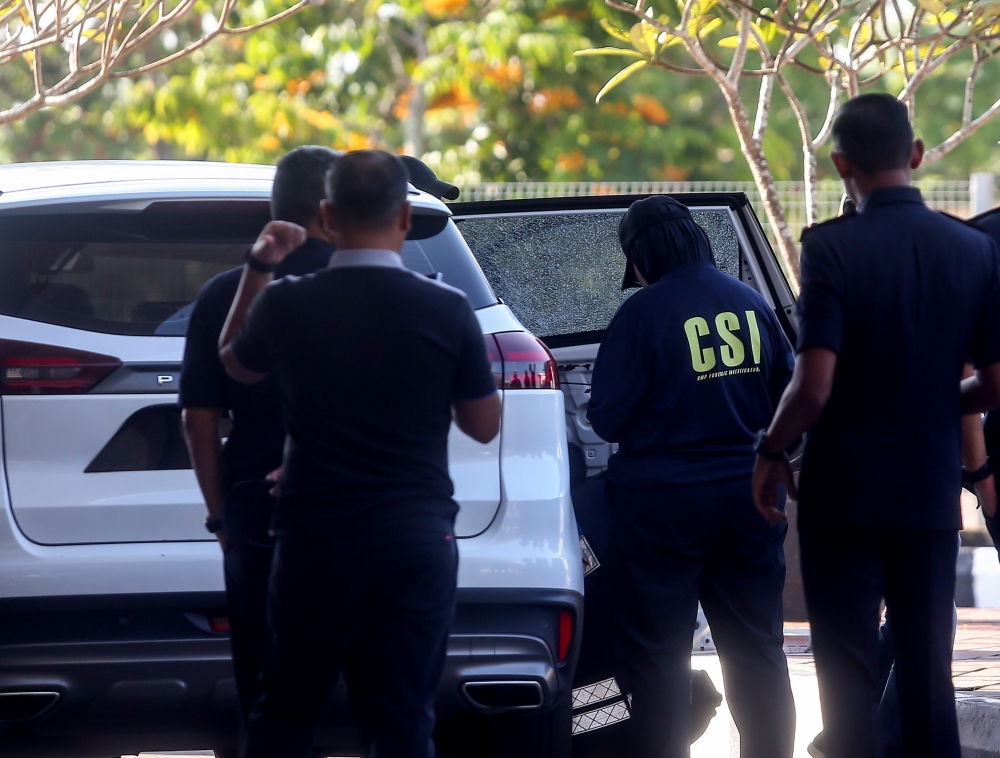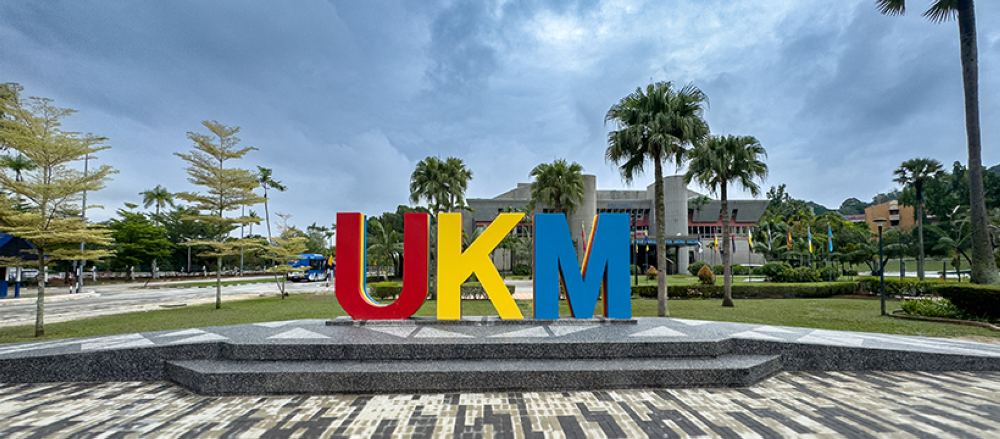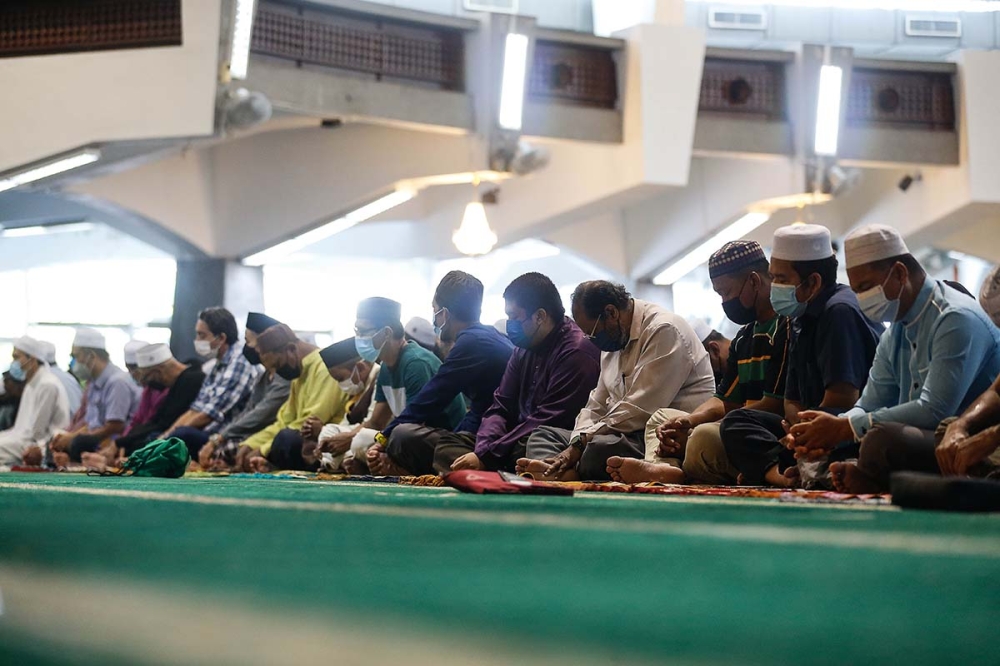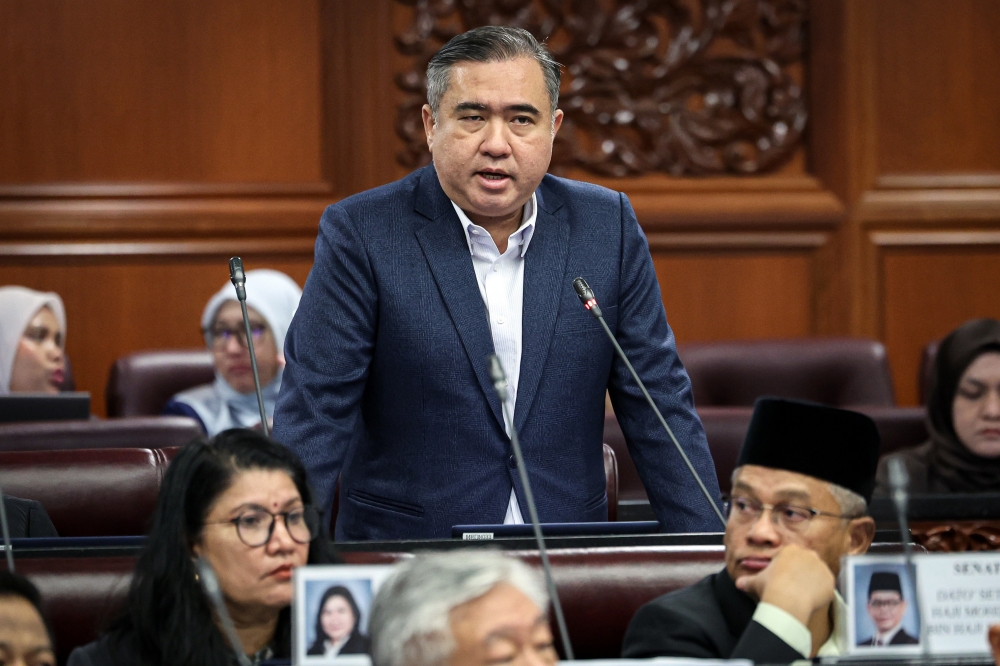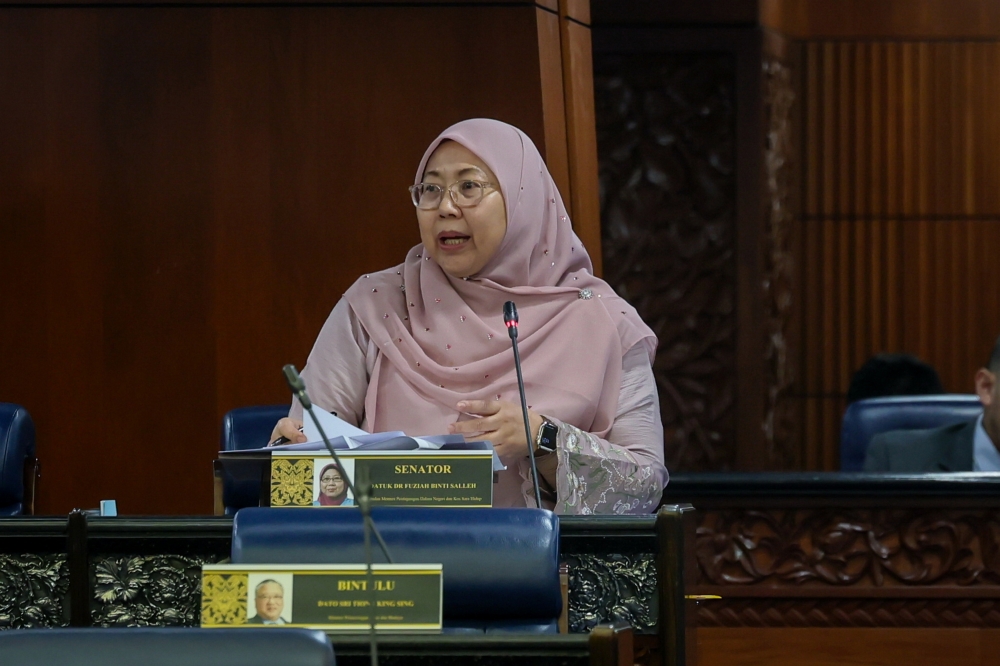KUALA LUMPUR, Sept 12 — Malaysian Muslims polled recently have listed the three biggest perceived threats to their faith as the influence of the United States, extremists from their own religious group, and what they perceived as a growing Christian community.
Pew Research Center’s latest survey released tonight found that Muslims and Buddhists in six Asian countries – Malaysia, Indonesia, Singapore, Thailand, Cambodia, and Sri Lanka – generally see extremists from their own faiths as one of the biggest threats to their religions.
“Among both Muslims and Buddhists, highly educated adults are more likely than those with less education to say that extremists within their own religion are a threat,” it said in its report titled “Buddhism, Islam and Religious Pluralism in South and Southeast Asia”.
The Pew Research Center report said most Muslims and Buddhists polled did not see growing populations of other religious groups in their respective countries as threats to their religion.
This comes as in Malaysia, more than half of the Muslims polled felt the abovementioned three topics are the biggest threats to Islam — with 59 per cent cited the influence of the US, followed by “Muslim extremists” (58 per cent), and “growing number of Christians” (52 per cent).
Another 49 per cent said it was the “growing number of Buddhists”, and “the influence of China” (also 49 per cent), and tourists from other countries (31 per cent).
Meanwhile, among Buddhists polled in Malaysia, 40 per cent listed “Buddhist extremists” as a threat, followed by “growing number of Muslims” (28 per cent), “growing number of Christians” (25 per cent), the influence of US (23 per cent), the influence of China (20 per cent) and tourists from other countries (18 per cent).
The survey report made it clear that the questions were designed to “gauge demographic anxieties” regardless of actual growth figures, which means the number of Christians in Malaysia is not necessarily on the rise despite the worry among Muslims.
Compared to their neighbours, Malaysian Muslims had the biggest proportion of those who saw “growing number of Christians” as threat, compared to just 35 per cent in Indonesia and 20 per cent in Singapore. Similarly, Malaysian Muslims topped the list when it came to seeing “growing number of Buddhists” as a threat.
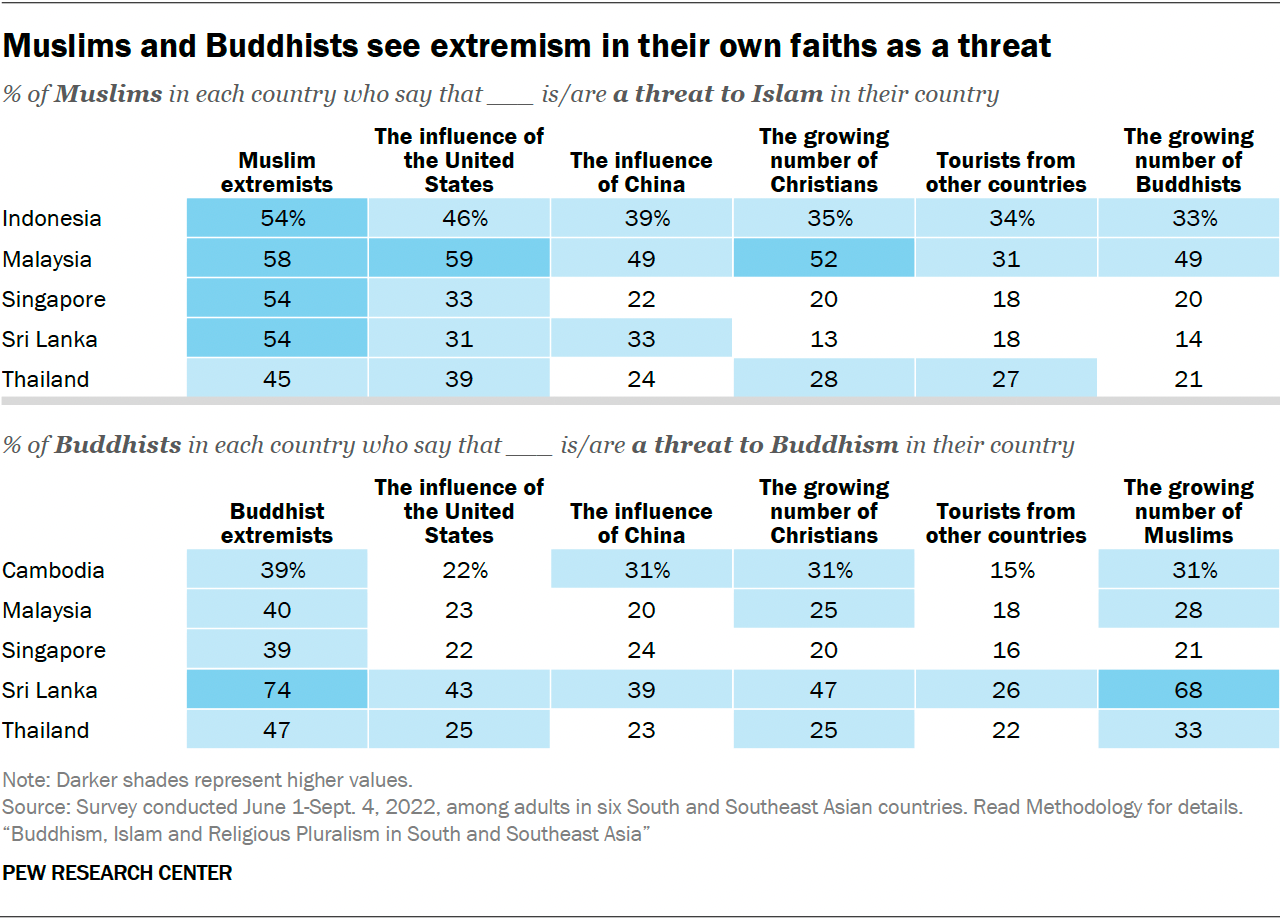
The report also said Muslims across the region were generally more likely than Buddhists to perceive the influence of the US as a threat to their own religion in their country while no such pattern exists when it comes to views about the influence of China; Sri Lanka was an exception.
In comparison, an older Pew Research Center report titled “Muslim Publics Share Concerns about Extremist Groups” released 10 years ago in September 2013 found that 70 per cent of Muslims polled in Malaysia were concerned about “Islamic extremism”, while 18 per cent were unconcerned.
Meanwhile, the survey released tonight also found that at least half of the survey respondents in the six countries said violence against people because of their political beliefs or religion can never be justified.
Among Malaysian respondents, 76 per cent of those polled said such political or religious violence can “never” or “rarely” be justified in contrast to 22 per cent who said such violence can “sometimes” or “often” be justified.
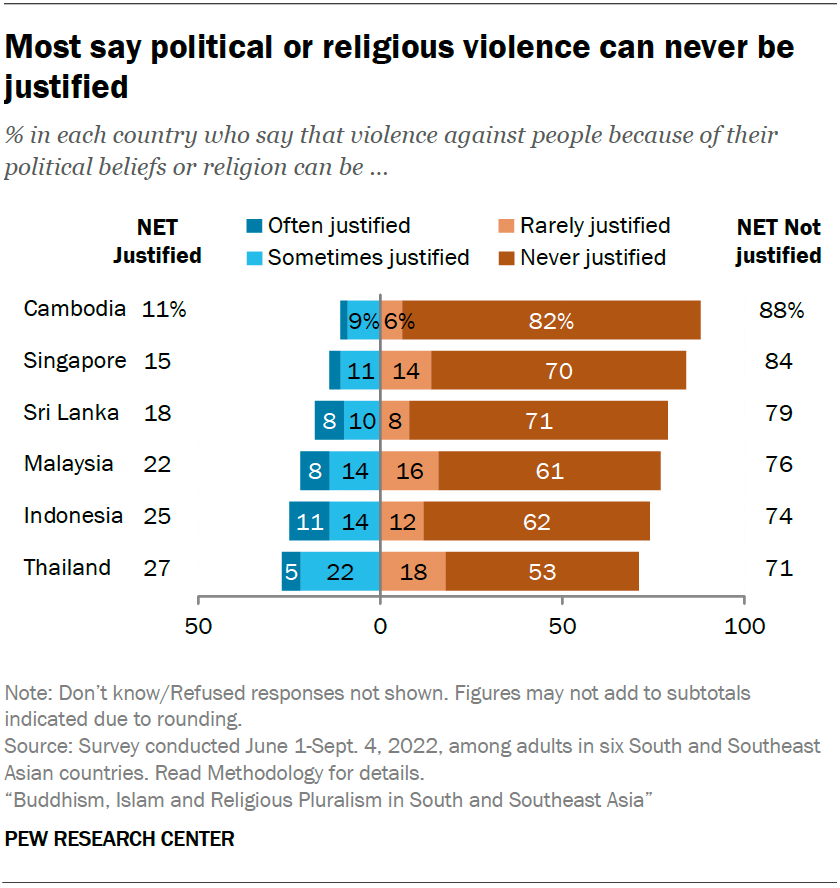
This is in stark contrast to the 2013 Pew survey that showed 58 per cent of Malaysian Muslims polled in March to April 2013 saying “suicide bombing and other forms of violence against civilian targets” is “never justified” to defend Islam, while 12 per cent said it was rarely justified, 22 per cent (sometimes justified), and 5 per cent (often justified).
The 2013 report also showed that 51 per cent of Malaysian Muslims polled in Spring 2007 said religiously-linked violence such as suicide bombings were never justified to defend Islam, followed by 18 per cent (rarely justified), 22 per cent (sometimes justified), and four per cent (often justified).
Separately, in an April 2013 Pew report titled “The World’s Muslims: Religion, Politics and Society”, 64 per cent of Malaysian Muslims polled from November 2011 to January 2012 said “suicide bombing and other forms of violence against civilian targets” are never justified to defend Islam, followed by 10 per cent (rarely justified), 15 per cent (sometimes justified) and three per cent (often justified).
The survey by the US-based non-partisan think tank was carried out in six countries in Asia from June 1 to September 4, 2022, for the report titled “Buddhism, Islam and Religious Pluralism in South and Southeast Asia”, where 13,122 adults were interviewed.
In Malaysia, a total of 1,999 adults were polled through computer-assisted telephone interviewing using mobile phones from June 1 to August 9, 2022 in the languages of Chinese, English and Malay, with a margin of error of 3.0 percentage points.
Out of those, 75 per cent said they were Muslims, followed by Christians (10 per cent), Buddhists (7 per cent), Hindus (5 per cent), while 2 per cent said they have no religion, and 1 per cent said they are followers of Chinese traditional religions (which includes Tao, Confucian, or Chinese local religions).
According to the latest census by the Department of Statistics Malaysia (DOSM) in 2020, Malaysia’s population is comprised of 63.5 per cent Muslims, followed by Buddhists (18.7 per cent), Christians (9.1 per cent), Hindus (6.1 per cent), and others (2.7 per cent).


